Frequently Asked Questions
What are the symptoms of COVID-19?
Most common symptoms:
- fever
- dry cough
- tiredness
Less common symptoms:
- aches and pains
- sore throat
- diarrhoea
- conjunctivitis
- headache
- loss of taste or smell
- a rash on skin, or discolouration of fingers or toes
Serious symptoms:
- difficulty breathing or shortness of breath
- chest pain or pressure
- loss of speech or movement
Seek immediate medical attention if you have serious symptoms. Always call before visiting your doctor or health facility.
People with mild symptoms who are otherwise healthy should manage their symptoms at home.
On average it takes 5–6 days from when someone is infected with the virus for symptoms to show, however it can take up to 14 days.
How do I protect others and stop the spread of COVID-19?
The most effective ways to protect yourself and others from coronavirus is to:
- Practice good hygiene
- Practice social distancing
- Follow the limits on groups and public gatherings
- Understand how to effectively self-isolate if needed
What do I do if I think I have COVID-19?
Let us know as soon as possible, especially if you have been in contact with a confirmed case or someone who has travelled recently.
Use the symptom checker tool on the health.gov website or call the National Coronavirus Helpline 1800 020 080.
If your symptoms match visit your nearest testing centre. If you have one available, wear a mask and stay 1.5m away from other people. Cover your coughs and sneezes in your elbow.
What happens after testing for COVID-19?
If your symptoms are severe you will be kept in hospital and isolated from other patients to prevent the virus spreading. If your doctor says you are well enough to go home, self-isolate while you wait for your results.
Source: Health Direct
How do I properly self isolate?
Go straight to your home, wear a mask if possible, keep 1.5m away from other people. Once at home:
- Do not go to public places including work, school, shopping centres or childcare
- Ask someone to get food and necessities for you and leave them at the front door
- Do not let visitors in, only the people you live with should be in your home. They should not leave either
- Stay in touch with friends and family online or on the phone
- Monitor your symptoms and seek medical help if they become severe
Source: Health.gov
How can I practice social distancing when I require close care?
In many cases physical contact will be required to provide care, this means good hygiene is doubly important. Support workers should be washing their hands and/or wearing gloves before and after physical contact with clients.
Source: NDIS COVID-19 FAQ
How can I keep my home hygienic?
Consider what care and supports are absolutely necessary to reduce the number of people coming into/ out of the home. Frequently touched surfaces such as light switches, door knobs, tables and handles should be cleaned frequently.
Source: NDIS COVID-19 FAQ
Will I continue to receive support?
Yes. The Government has announced a range of measures to make sure you continue to get the help and supports you need.
Source: NDIS COVIS-19 FAQ
What will happen if I get sick?
We’d like everyone to fill-out and submit a self-care, Self-Management Plan. This tool is provided as a guide to preparing your action plan, highlighting some of the essential information that you should collect and consider in case you become unwell.
If you get sick and suspect you may have COVID-19 we ask that you contact us immediately.
Will I still be able to attend my regular doctor or healthcare appointments?
Yes, restrictions have eased enough that most health care appointments should have resumed as normal. Your healthcare professional will advise on any safety procedures they have in place, please respect them. Practice good social distancing and personal hygiene. If you are sick or have COVID-like symptoms, do not attend regular appointments until you have been tested.
How can my support worker/s and I keep each other safe?
Based on current Federal and State Government guidelines the following questions need to be asked of each client by their support worker/guardian before commencing a shift.
Do you or anyone in your household have any signs and symptoms of respiratory illness including fever, cough, sore throat, shortness of breath or any gastro like symptoms? Have you visited a GP and what was the outcome?
Have you returned from overseas travel in the last 14 days? (All overseas travellers must self-isolate for 14 days from the date of their return)
Have you returned from an interstate trip in the last 7 days? (all interstate visitors must self-isolate for 14 days from the date of their return)
If a person you are living with or in close contact with has been travelling interstate or overseas as above and is not well, you should stay home and contact your GP.
Have you or a person you are in direct contact with been in contact with anyone who has or is suspected of having Coronavirus (COVID – 19)?
If yes is answered to any of the questions, please advise head office as we will not permit support workers to enter your home.
Once inside the home, we ask that both support workers and clients adhere to the following guidelines as much as possible:
- Washing hands often with soap and water, including before and after eating and after going to the toilet, and when they have been out to shops or other places.
- Using alcohol-based hand sanitisers, where available.
- Where possible, stay 1.5 metres away — 2 arms’ length — from other people. This is an example of social distancing.
- Avoiding non-essential travel.
- If driving in the car for a necessary appointment the client must sit in the back seat to maintain proper social distancing. If the support worker’s car can not accommodate you may need to use an accessible taxi. Please only use public transport if there are no alternatives.



